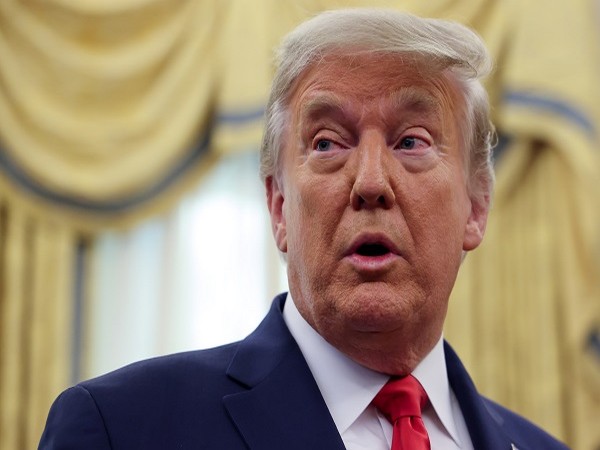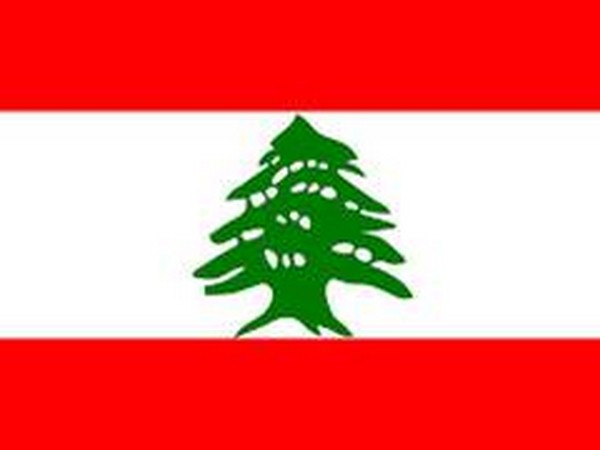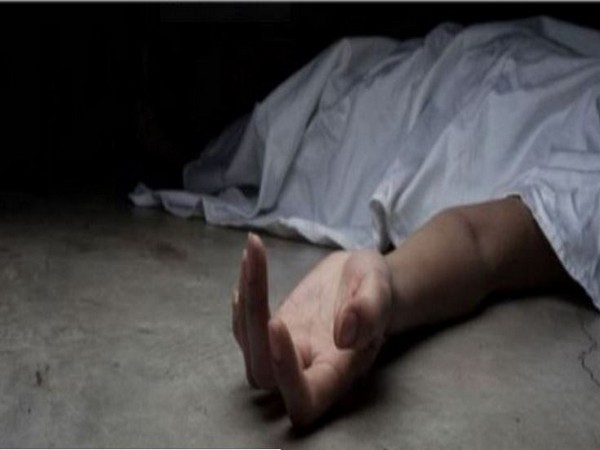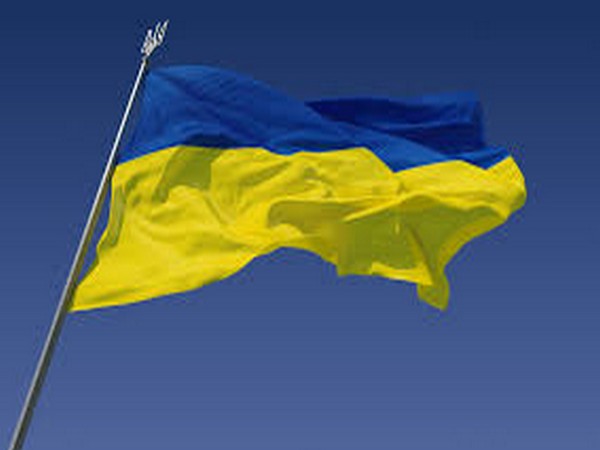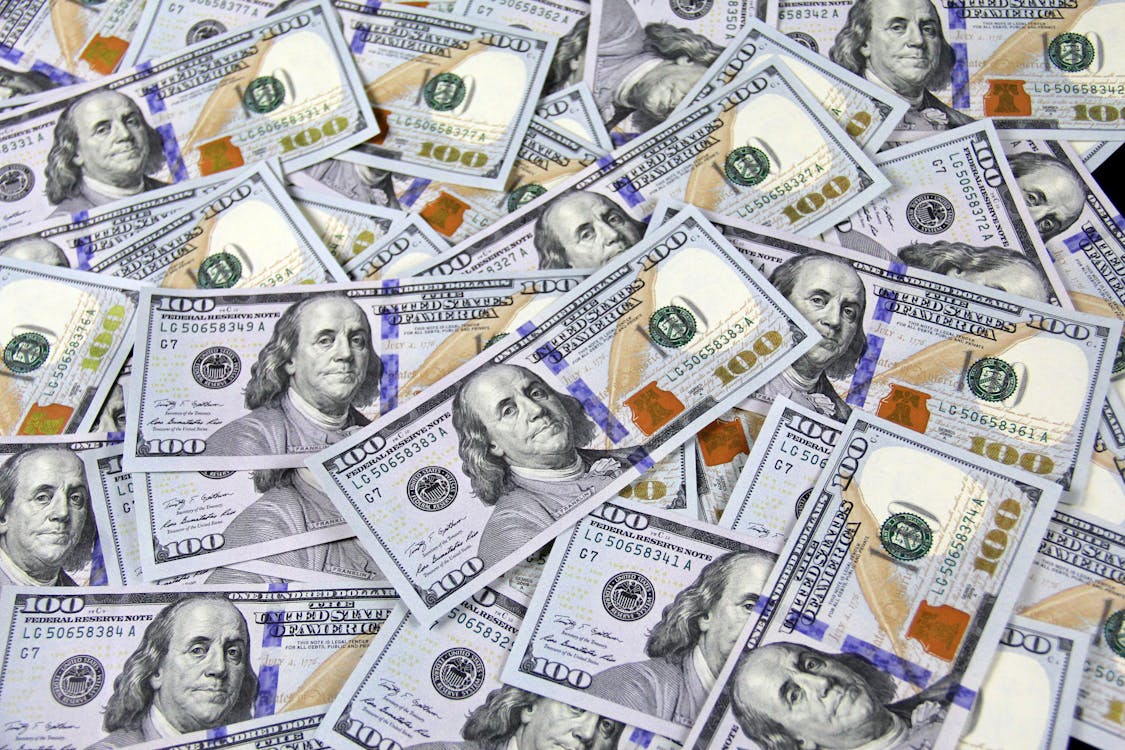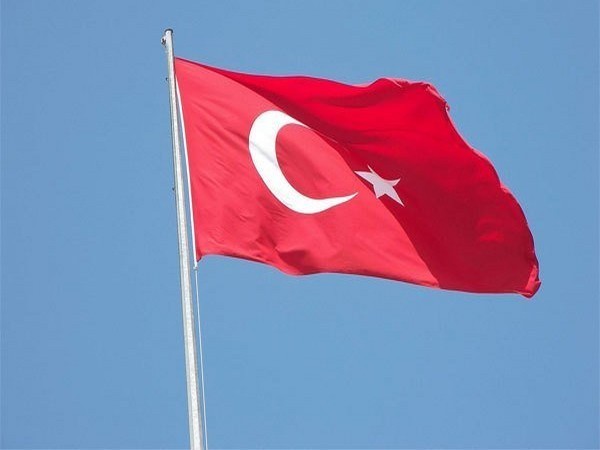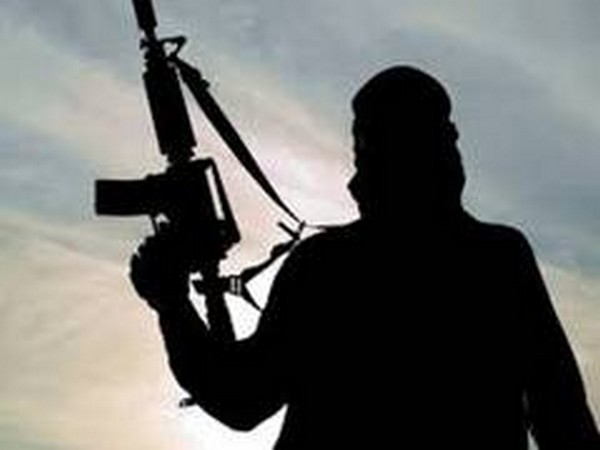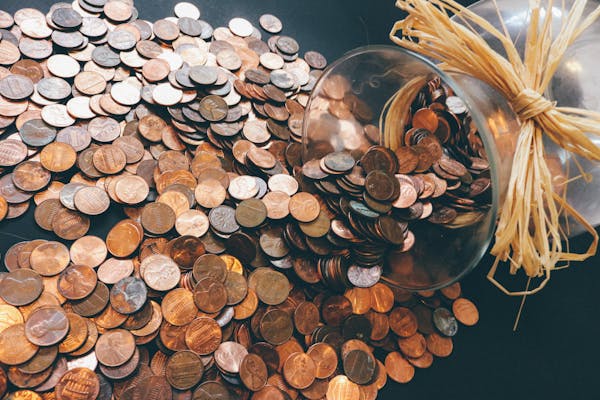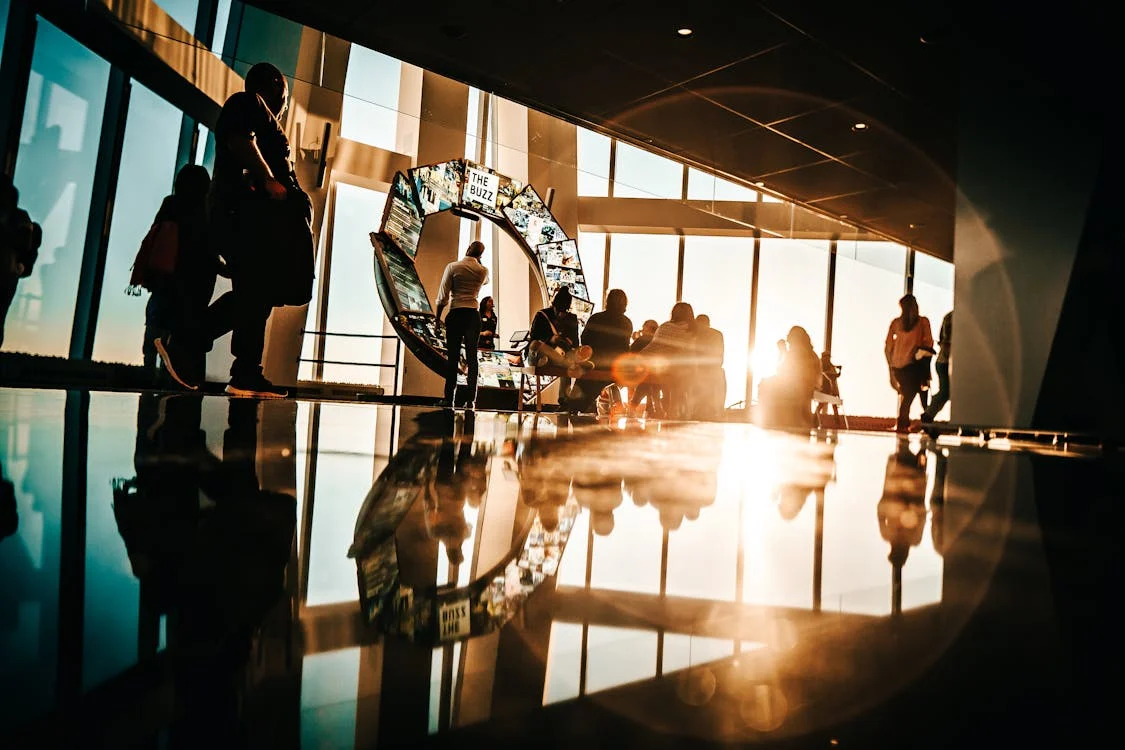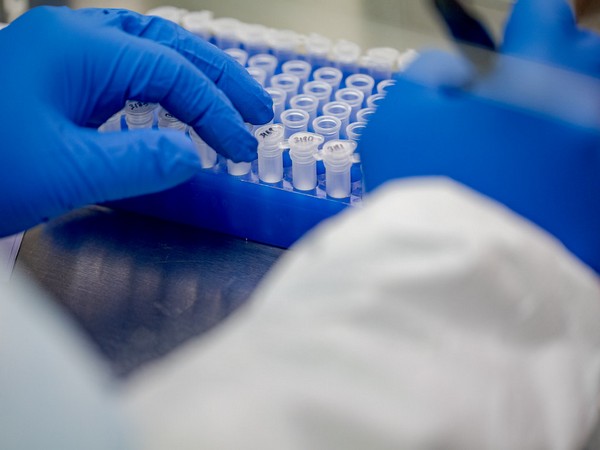
New cases at new high of over 2,200 despite month of toughest virus curbs
Aug 11, 2021
Seoul (South Korea), August 11: South Korea's daily new coronavirus cases reached a new high of over 2,200 on Wednesday since the start of the pandemic in January last year in the face of monthlong toughened virus curbs and a slower than expected vaccination campaign.
The country added 2,223 COVID-19 cases, including 2,145 local infections, raising the total caseload to 216,206, according to the Korea Disease Control and Prevention Agency (KDCA).
The latest caseload was up 683 from 1,540 the previous day. The country added one more deaths from COVID-19, raising the death toll to 2,135.
The daily virus caseload exceeded 1,000 for the first time on July 7 and has stayed above 1,000 for 35 days.
The country reported its first confirmed cases of the coronavirus on Jan. 20 of last year.
Health experts expected the virus curve to go up due to fast spreading delta variant, Liberation Day holiday and ahead of the start of second-half school semesters later this month. Liberation Day falls on Sunday, which marks Korea's liberation from Japan's 1910-1945 colonial rule.
The health authorities advised people to stay home during the holiday in their efforts to curb the pandemic.
The government ordered civil servants to begin taking the virus tests Thursday regardless of symptoms if they have been to holiday destinations, including the beach, mountains and camping sites.
The government also urged caretakers at nursing hospitals to take polymerase chain reaction (PCR) tests once a week in the Level 4 area and once per two weeks in the Level 3 area as breakthrough cases have sharply risen in the facilities in recent weeks.
The greater Seoul area, the epicenter of the latest wave of the outbreak, has been under the Level 4 distancing measures, the highest in the country's four-tier system, since July with most other areas being under Level 3.
The Level 4 restrictions ban gatherings of more than two people after 6 p.m., and place a 10 p.m. curfew on restaurants and cafes.
But the toughest virus restrictions seem to have had little impact in flattening the virus curve during the summer holiday season, combined with loose vigilance against the coronavirus and fast spread of delta variant.
From Aug. 1-7, the country reported 2,641 more cases of four major contagious coronavirus variants, bringing the total caseload to 10,766, health authorities said.
Of the newly confirmed variant cases, 96.7 percent, or 2,555 of them, were the delta strain of the new coronavirus.
Amid the fourth wave of the pandemic, the country's vaccination campaign has been slower than expected due to glitches in securing vaccines on time and hesitancy over inoculation.
Since the country launched its vaccination program in late February, a total of 21.63 million people, or 42.1 percent of the country's 51.3 million population, have received their first shots of COVID-19 vaccines.
Around 15.7 percent, or 8.06 million people, have been fully vaccinated, according to KDCA data.
The country aims to administer a single vaccination shot to 36 million people, or 70 percent of its population, by September with hopes of reaching herd immunity in November.
Advance reservations for vaccinations for people aged 18 to 49, estimated at some 16 million, started on Monday.
Of the locally transmitted cases, 650 were reported in Seoul, with the surrounding Gyeonggi Province adding 648, and the western port city of Incheon confirming 107 more new cases.
The southeastern port city of Busan posted 125 new cases, while neighboring South Gyeongsang Province reported 139 more infections.
There were 78 cases from overseas arrivals.
The total number of people released from quarantine after making full recoveries was 189,506, up 1,983 from a day earlier.
Source: Yonhap
